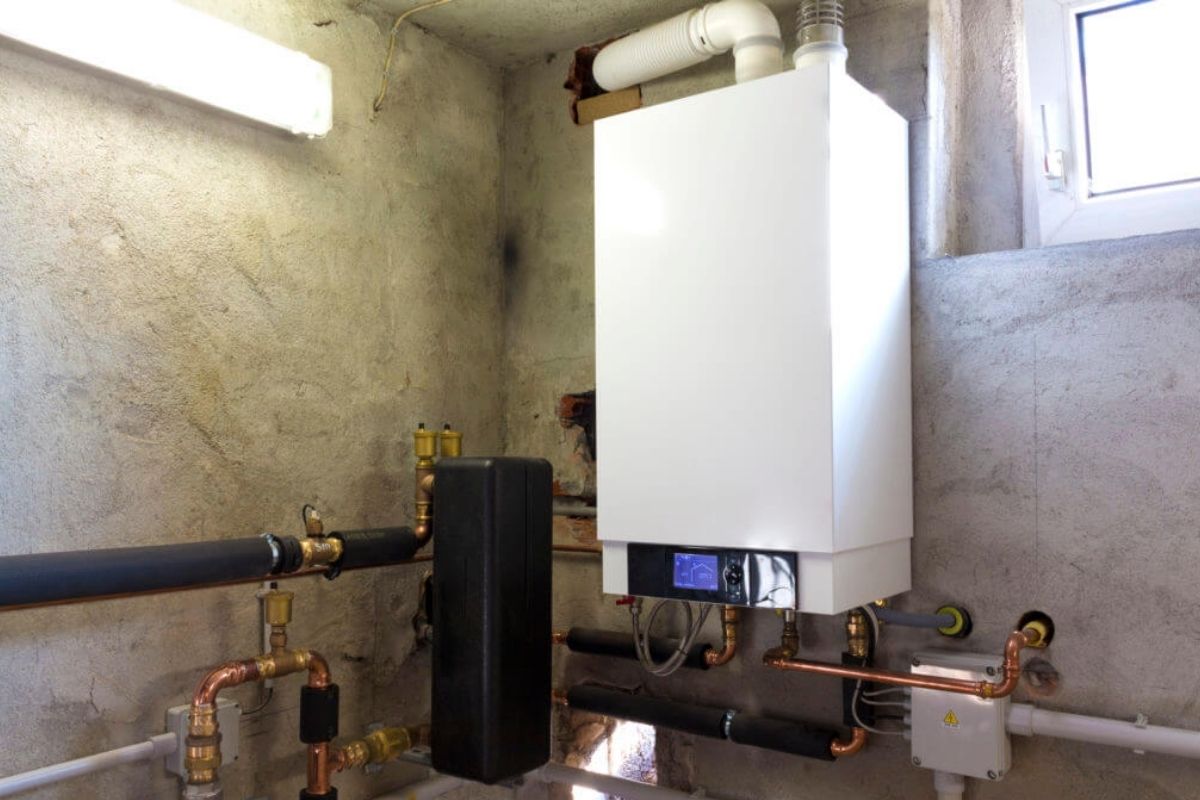A free boiler assessment may feel like just the beginning of a long road. It’s good to know that the next step is usually very clear. This article explains in simple terms what happens next.
This article is based on official reports, industry statistics, and scheme regulations. And if you’re exploring free boiler grants, understanding what happens after a free boiler assessment will help you follow the process with confidence. The writing is simple and direct.
The assessment: what you already experienced
Free boiler assessments are usually a quick visit or survey. Assessors check your heating system, insulation in the loft and walls, and your energy performance (EPC).
The assessor looks for inefficient boilers and poor insulation that can make your home expensive to heat. This assessment will show you if you qualify for government-sponsored schemes like ECO4. These upgrades are funded by many large suppliers.
Within days: eligibility check and follow-up
The assessor or provider will then run an eligibility check. The assessor or the provider confirms details such as your EPC rating (if applicable), your benefits status, and the type and age of your boiler.
They ask for any missing paperwork. This step usually takes between a few days and a couple of weeks. The provider decides what measures to take, such as a new boiler or an upgrade in insulation. This decision is guided by the official ECO4 rules and targets.
Scheduling the work
The provider will schedule an installation or upgrade if you qualify. Scheduling depends on the demand for parts, their availability, and whether other measures (such as better insulation) are required first.
Installation can be completed in just a few short weeks for some. Others may take longer. Both energy companies and approved installers are required to follow safety standards. Ofgem publishes and monitors project data.
The installation visit
A certified engineer will arrive on the day of installation. The engineer replaces your old boiler with an efficient condensing unit or installs a low-carbon alternative, if agreed. Installers check the pipework, controls, and flues. The installers test the system, and they show you how to operate the controls.
The workers also record their work and complete the paperwork for the audit trail. It is important to leave the home clean and secure. The work must adhere to building and safety regulations.
After installation: checks and paperwork
The installer will provide documentation once the work is completed. The documentation includes safety certificates and sometimes a new EPC for the house if improvements have been made to the rating.
The provider must report the measure to the scheme regulator. The project is then added to the supplier’s obligations for ECO4 or other programs. This is the time to schedule any necessary follow-up.
Official reports state that suppliers must meet targets for homes with low EPC ratings (E, F, and G). To date, large goals have been set in order to reduce emissions and bring about savings.
What to expect with costs and savings
The upfront costs for a true free boiler are usually covered by the government scheme. Installation, materials, and paperwork will be covered by either the program or the energy provider funding it.
Many households will see lower fuel costs and improved heating after installing a new boiler. Government reports estimate bill savings that can be quantified.
The ECO4 minimum EFG requirement, for example, has been associated with significant savings in targeted upgrades.
What happens if you are not eligible?
Even if you don’t meet the criteria, you can still benefit from an assessment. The assessor will explain the reasons. The assessor may offer suggestions for low-cost upgrades you can do yourself or direct you to other support programs at local or national levels.
Some households may become eligible for funding later, if circumstances change or new funding rounds are available. If your circumstances change, contact the provider as soon as possible.
Common questions people have next
Many people ask if an installer will mess up their home, how long a boiler will last, and if it will reduce bills. Installers must be tidy and professional. Modern condensing gas boilers can last up to 10 years if they are well-maintained.
The savings will depend on the efficiency of the old system and the way the home uses heat. Recent UK data shows that heat pumps and gas boilers are still outnumbered, affecting the choice of products available and waiting times.
It means that many upgrades still involve conventional boiler replacements, rather than complete heat pump swaps.
Also Read – Garbage Disposal Installation
Guarantees, warranties, and your responsibilities
The majority of installations are backed by a warranty from the manufacturer and a guarantee from the installer. Keep all documents safe. Regular maintenance will help the boiler last longer and work efficiently.
Contact the installer immediately if you notice a problem. Installers must also meet certain quality standards. You can complain to the provider, and if necessary, the scheme regulator, about any problems that arise.
A practical checklist to remember
Expect paperwork, some calls, and one or two visits after the assessment. Prepare your ID and documents pertaining to the property. Notes and certificates from the installer should be read.
After the installation, test the heating and ask about the controls. Simple maintenance will help you get the most out of your new system.
Trusted partners and the Free Boiler Scheme
Grant Boilers is a reliable partner in the industry. They offer free heating upgrades via the Eco4 Scheme and work with approved schemes.
You are dealing with a scheme-approved installer if your assessment was done by a registered provider or if you receive an offer from Grant Boilers.
These packages of support, replacement, and assistance are often referred to as the Free Boiler Scheme. Check the credentials of any provider and request paperwork.
Final thoughts
You will be guided through the process if you meet the eligibility criteria. This includes paperwork, scheduling, installation safety, and checks after installation. This process is designed so that you don’t have to worry.
High demand and supply-chain issues are the main causes of delays. Long-term, there can be some real benefits: lower bills and better home comfort.
Keep records and make sure you use your system effectively. Check official scheme pages for extra assistance or contact a trusted supplier such as Grant Boilers to get guidance on the Free Boiler Scheme.





